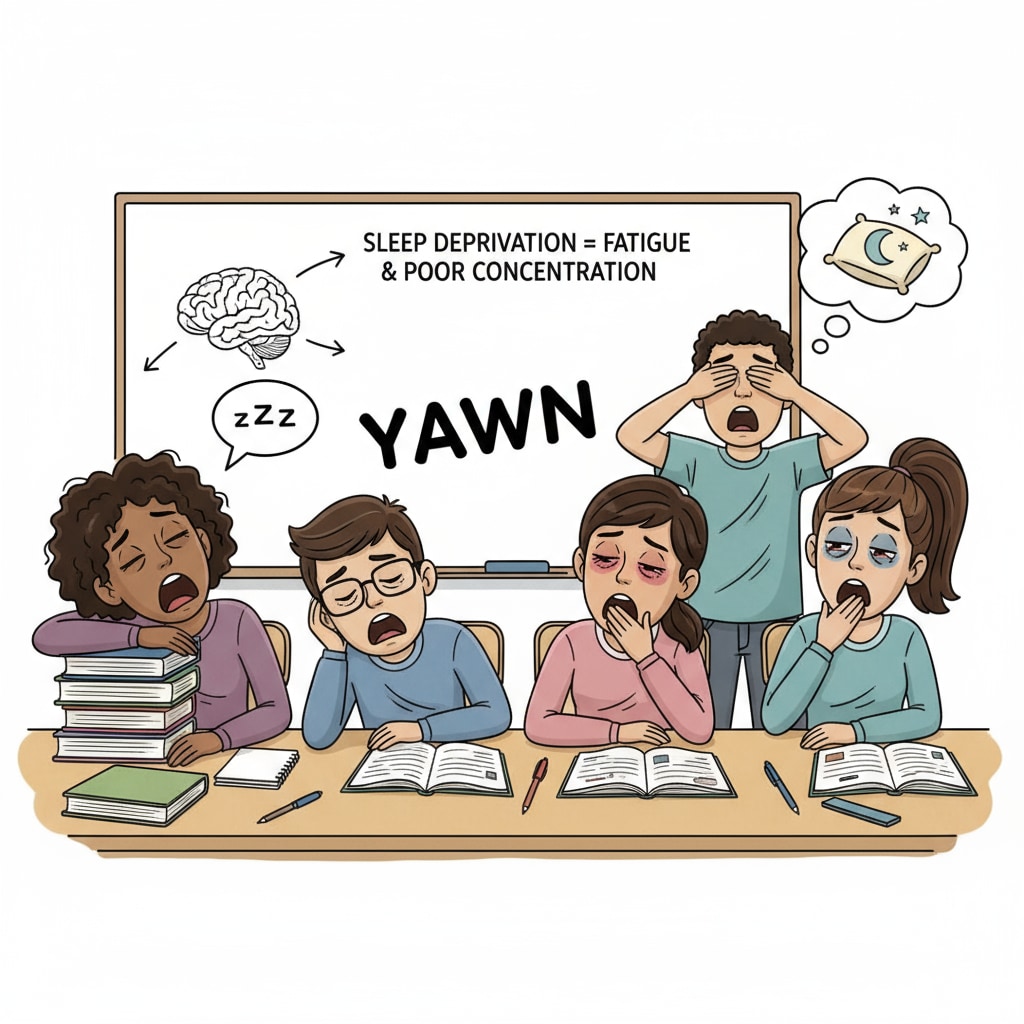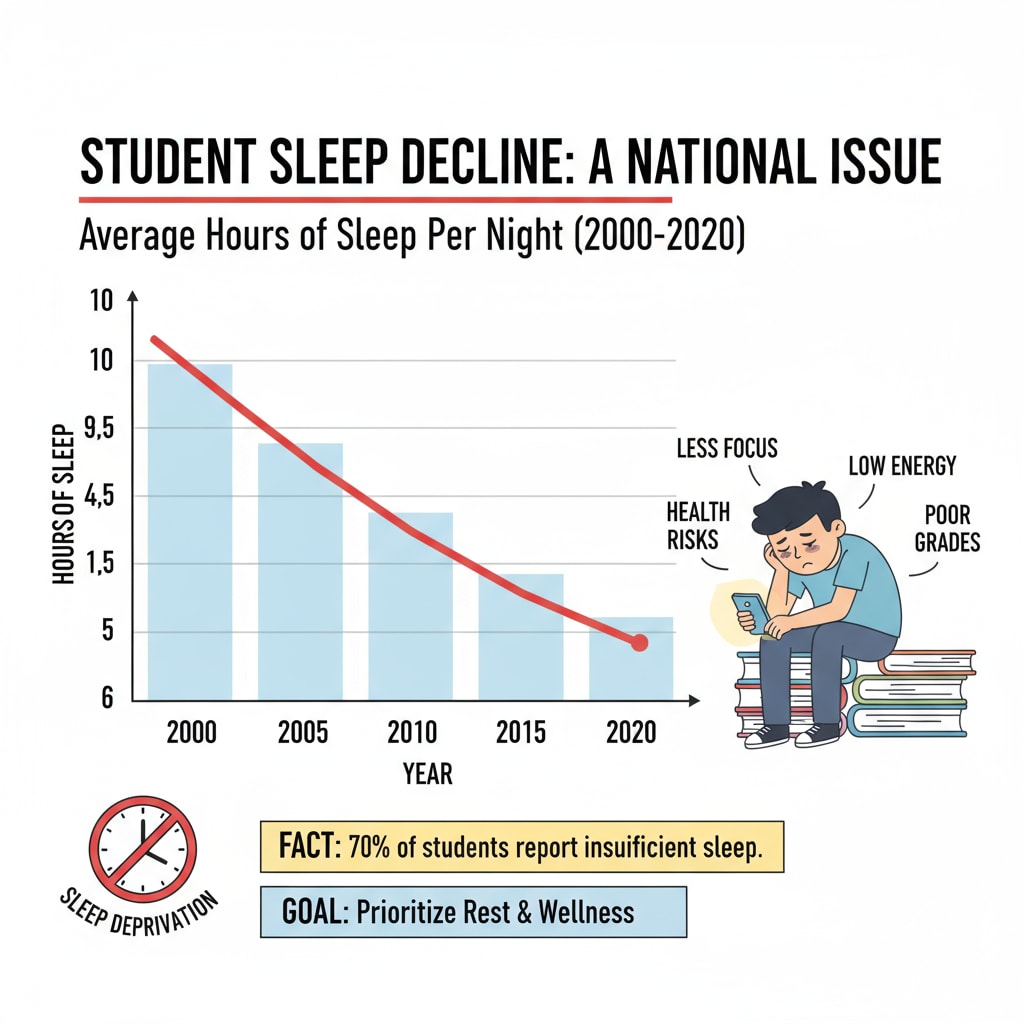Sleep deprivation, mental health, and school stress are intertwined issues that are becoming alarmingly prevalent in today’s educational landscape. In the K12 education system, students are often caught in a web of excessive academic demands, which lead to chronic sleep deprivation. This not only affects their physical health but also takes a heavy toll on their mental well-being.

The Epidemic of Sleep Deprivation in Schools
Sleep deprivation among students is a widespread problem. The pressure to perform well academically, coupled with a packed schedule of classes, extracurricular activities, and an overwhelming amount of homework, leaves students with little time for adequate sleep. According to the Centers for Disease Control and Prevention (CDC), most teenagers need 8 to 10 hours of sleep per night, but many are getting far less. This lack of sleep can lead to a range of physical problems, such as weakened immune systems and increased risk of obesity.

The Mental Health Ramifications
The impact of sleep deprivation on mental health is significant. When students don’t get enough sleep, they are more likely to experience mood swings, anxiety, and depression. As a result, their ability to focus in class and handle academic stress is severely hampered. A study by the National Institute of Mental Health found that sleep-deprived students are at a higher risk of developing mental health disorders. These issues can have long-term consequences, affecting a student’s overall quality of life and future prospects.
The current situation calls for a change. Students, parents, and educators need to work together to create a healthy learning environment that respects students’ natural need for rest. By reducing the burden of excessive homework and promoting a more reasonable school schedule, we can help students get the sleep they need to thrive both academically and mentally.
Readability guidance: The article uses short paragraphs to clearly present ideas. Each section focuses on a key aspect of the issue. Transition words like ‘as a result’ are used to show the relationship between different points. The images help to visually illustrate the problems discussed.


